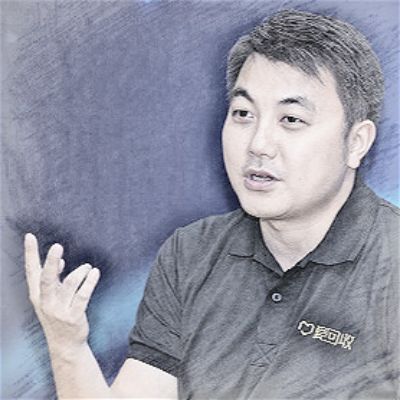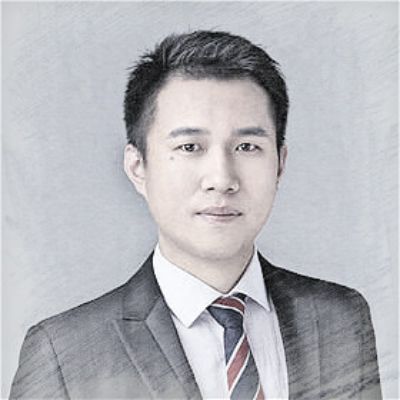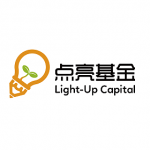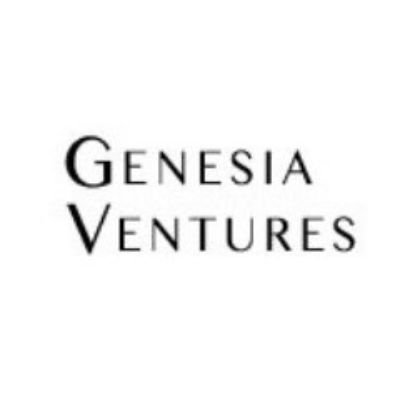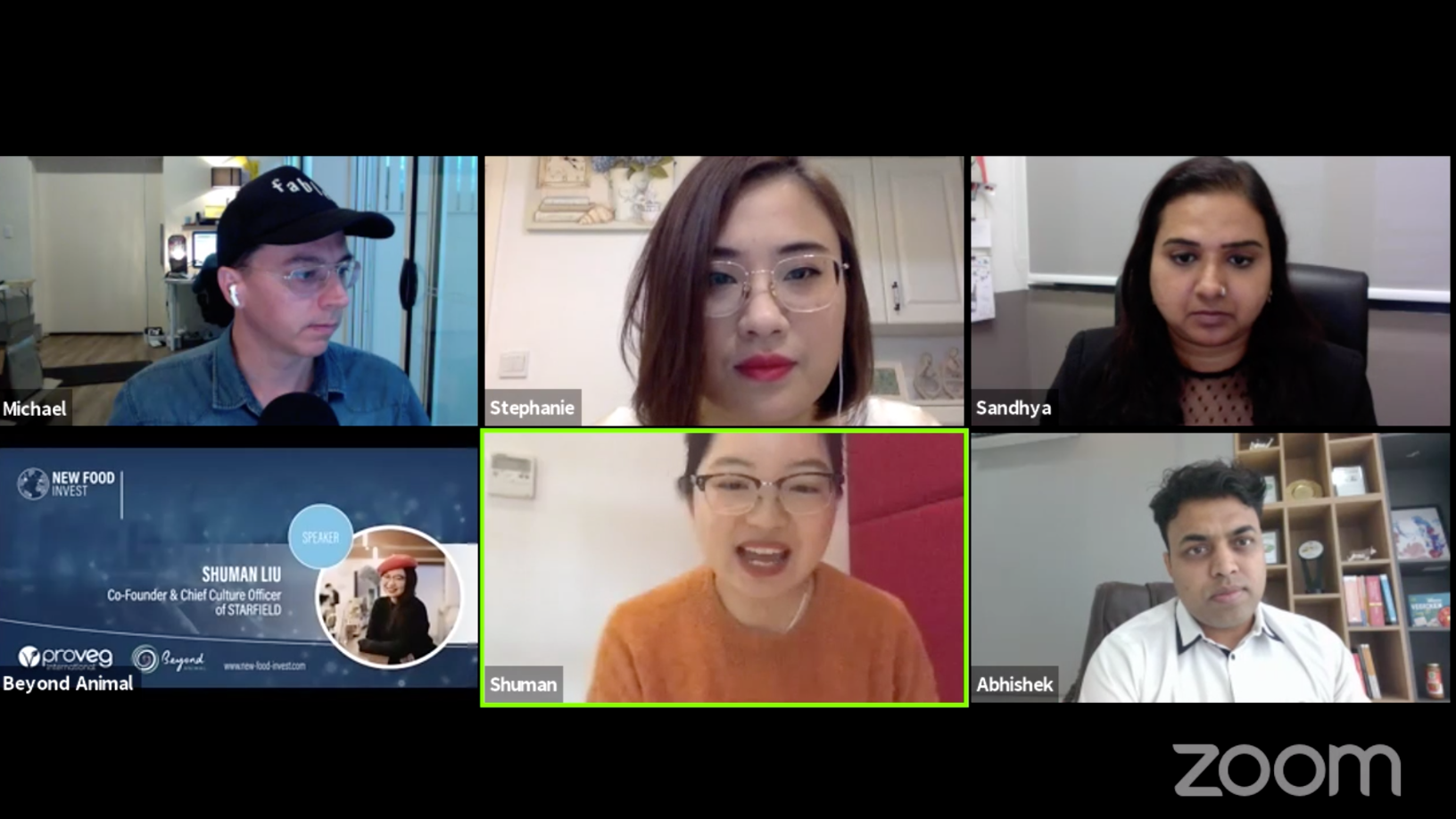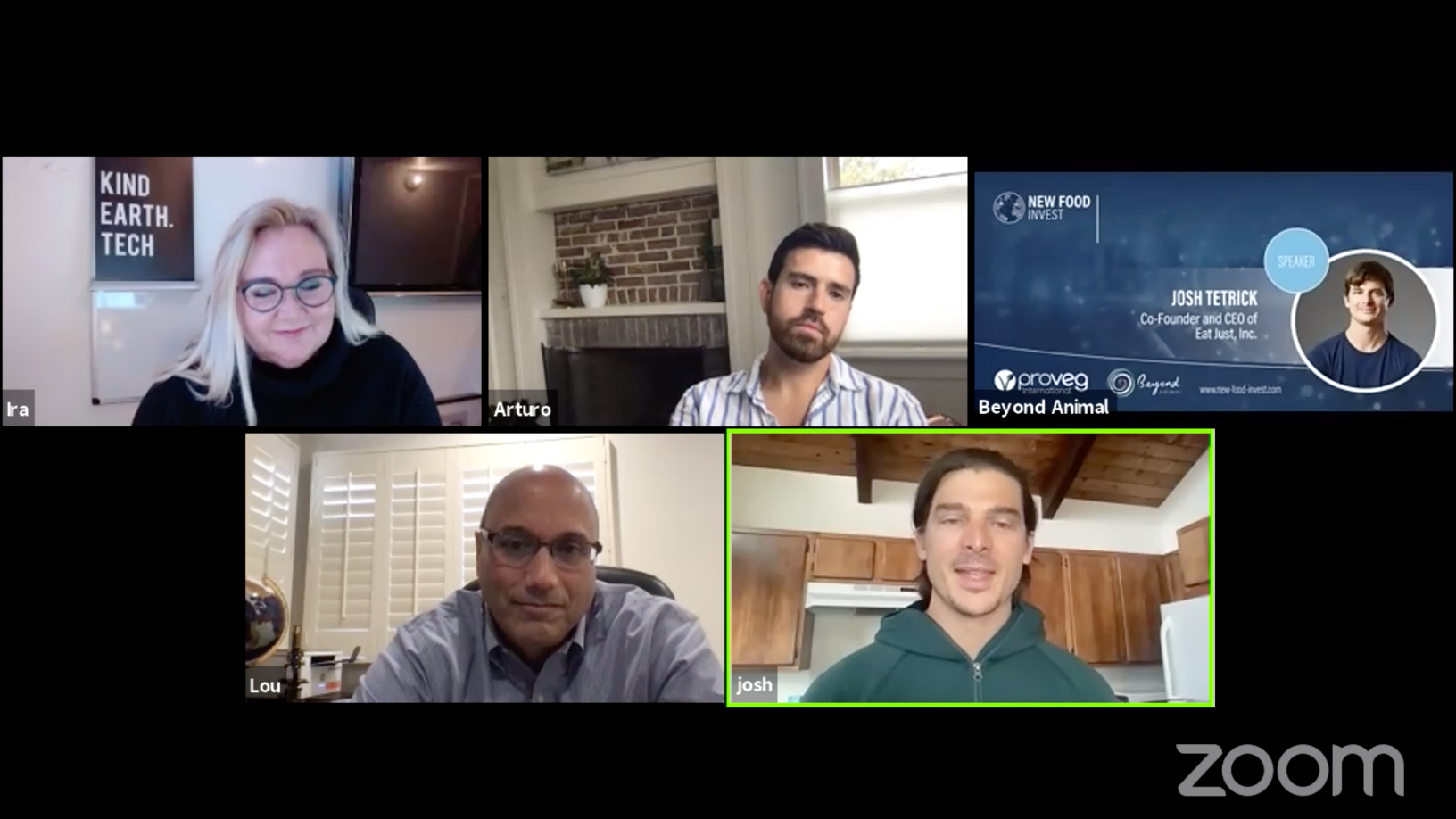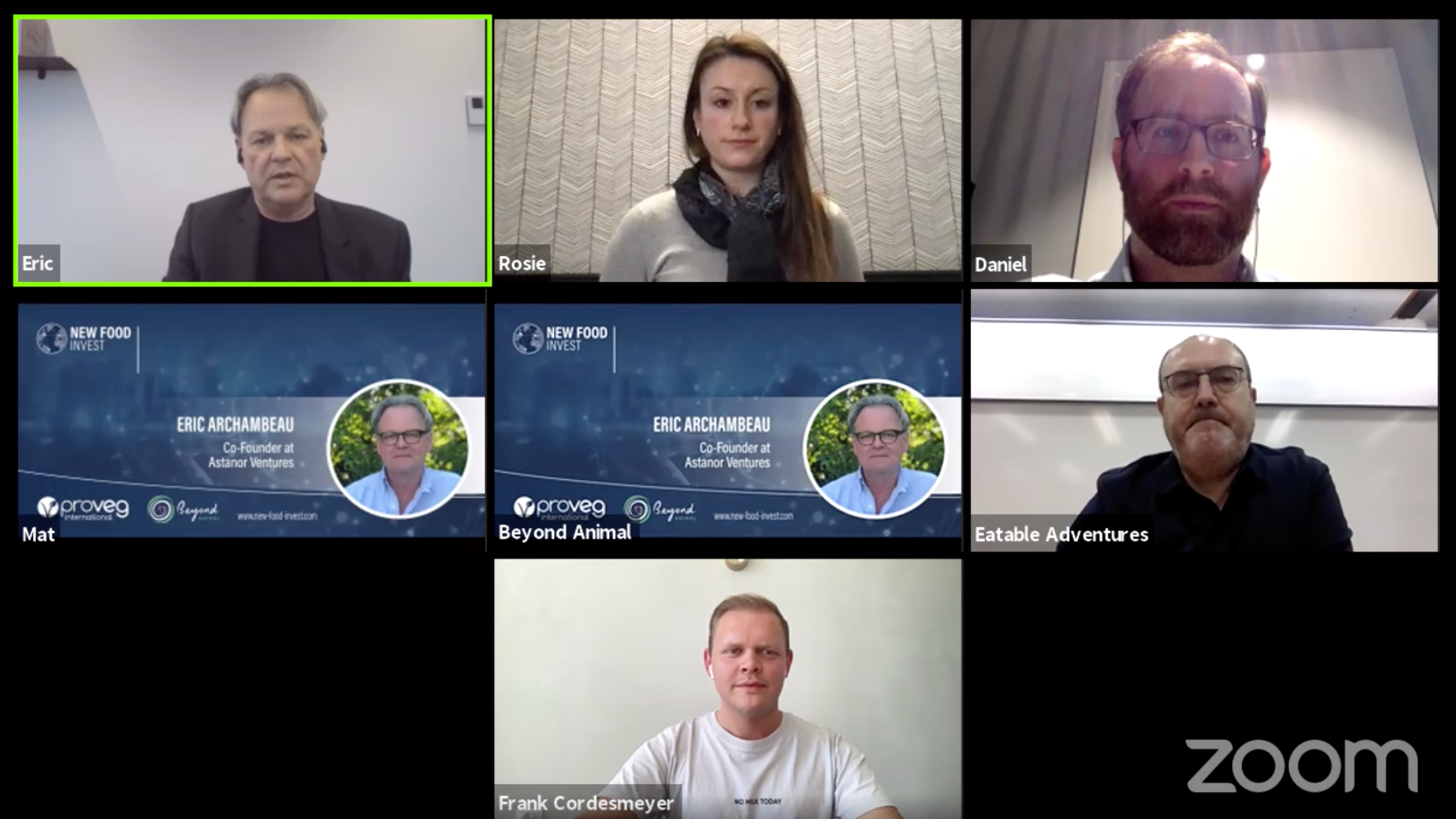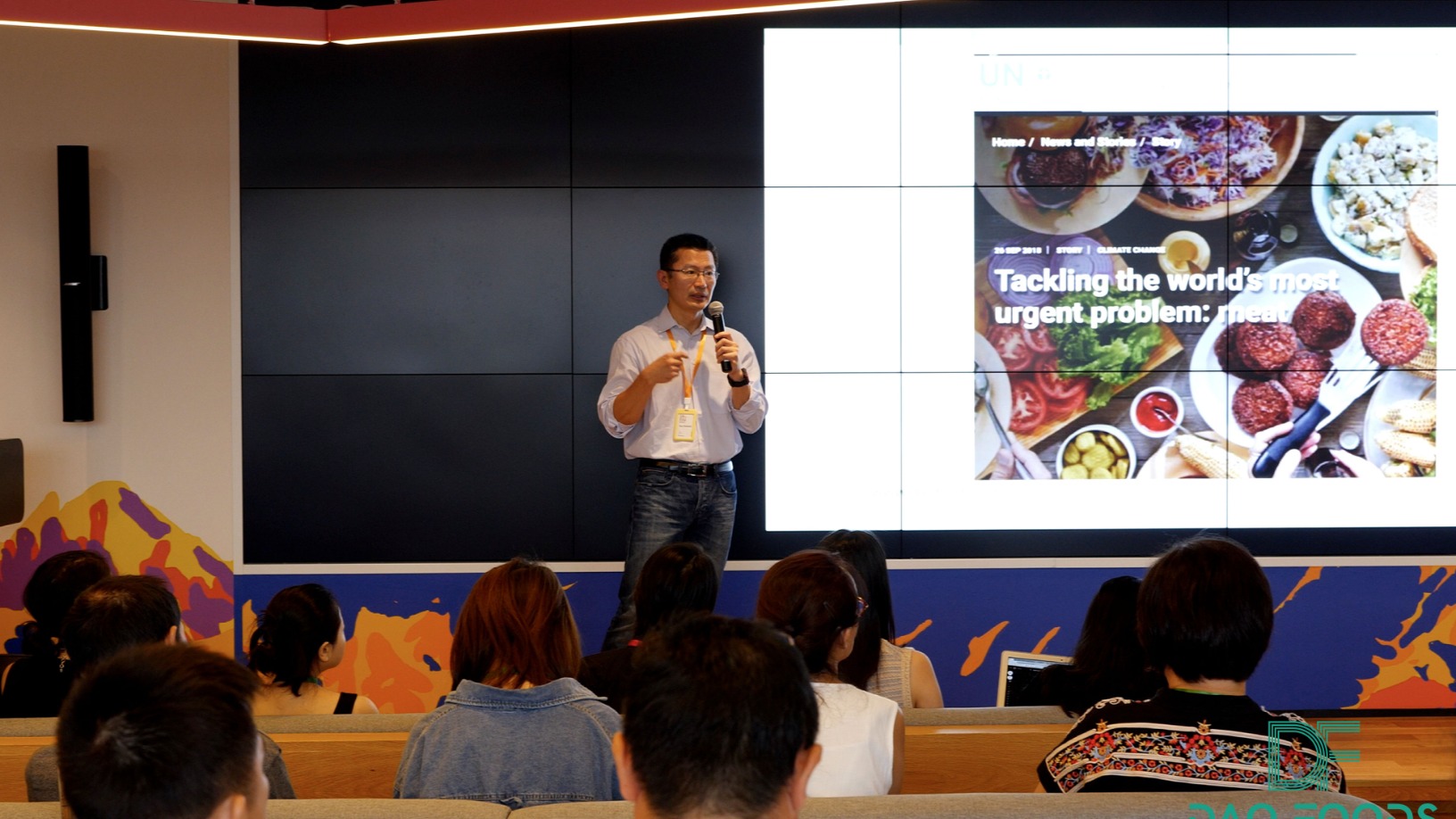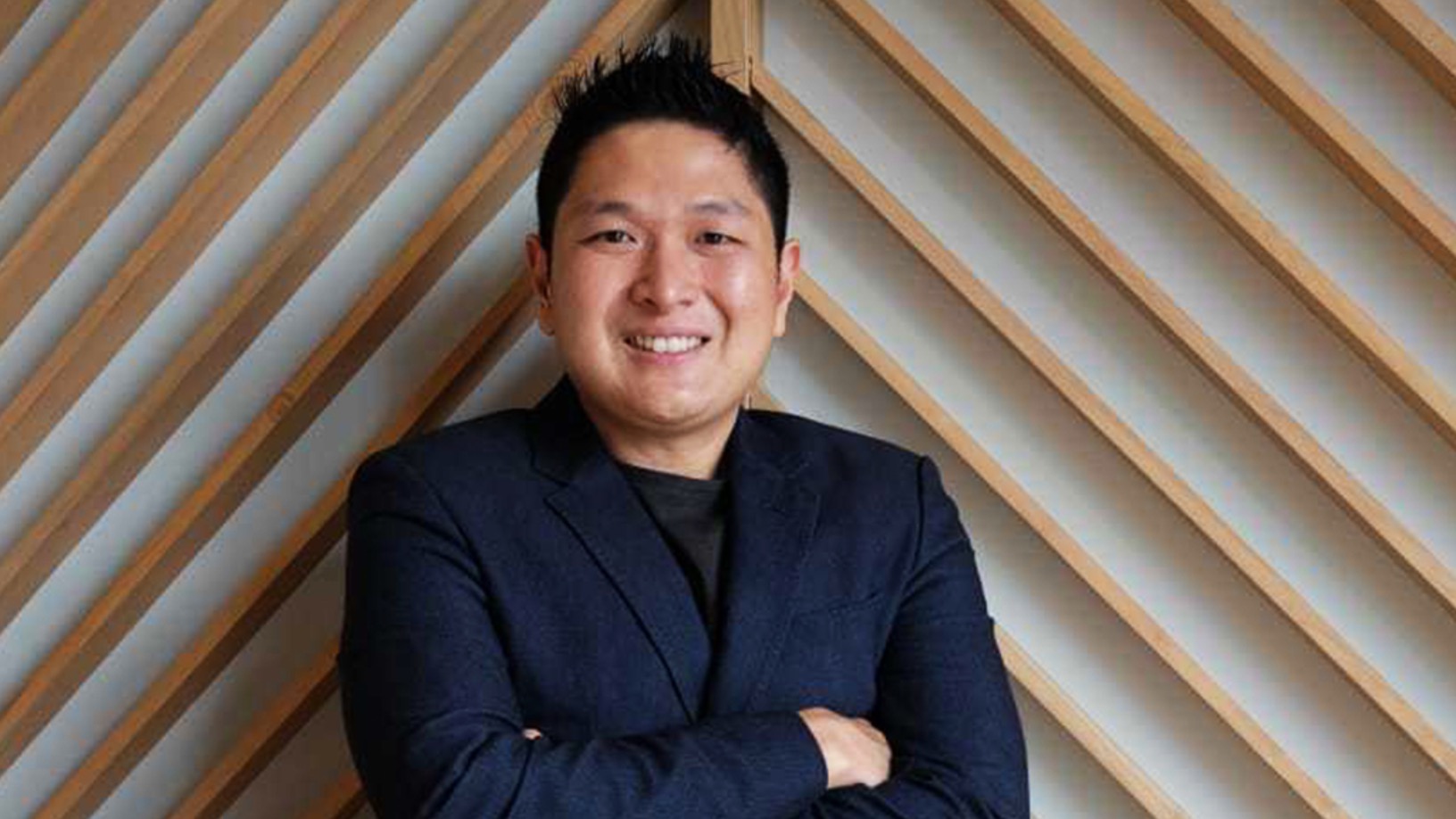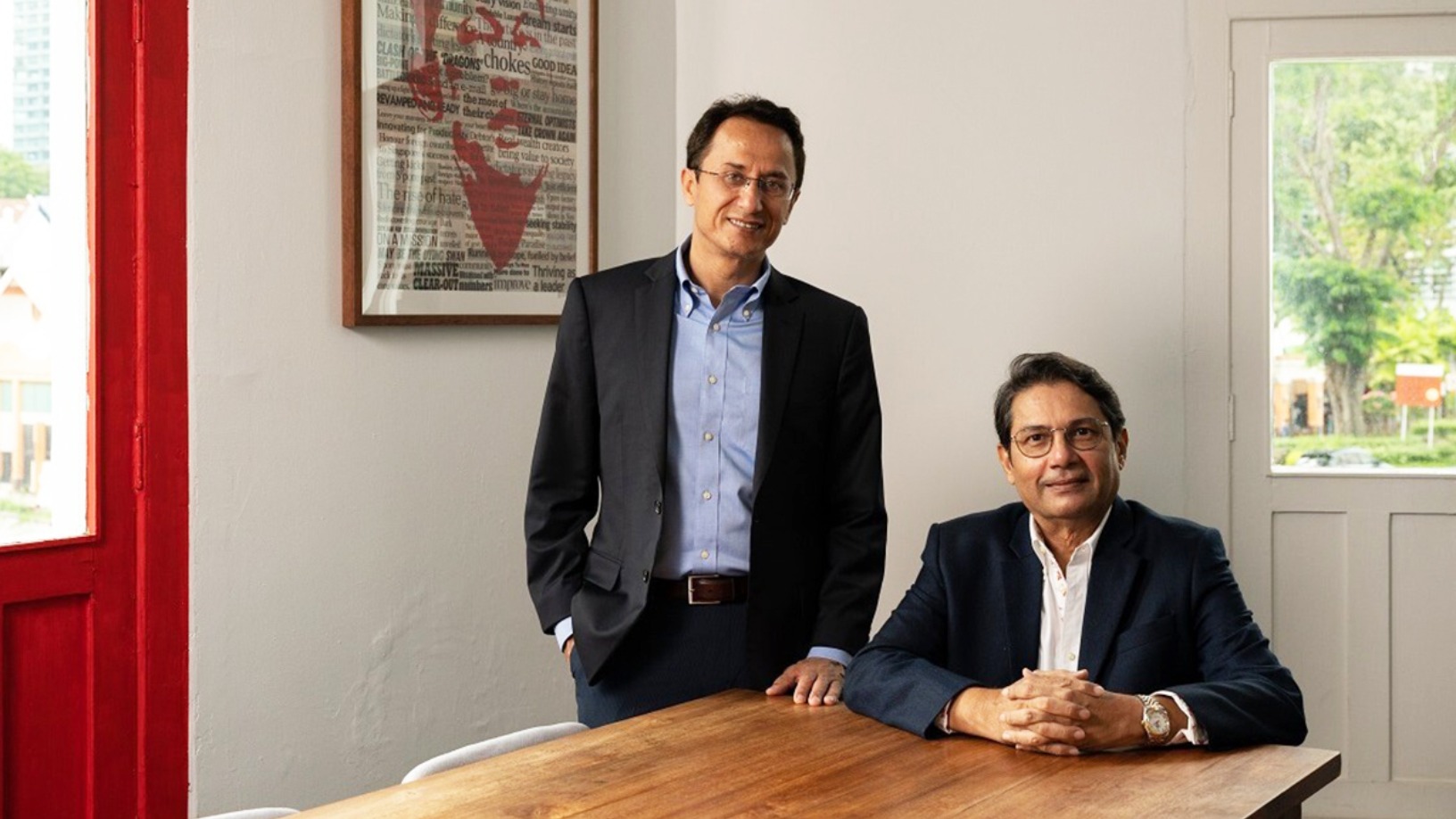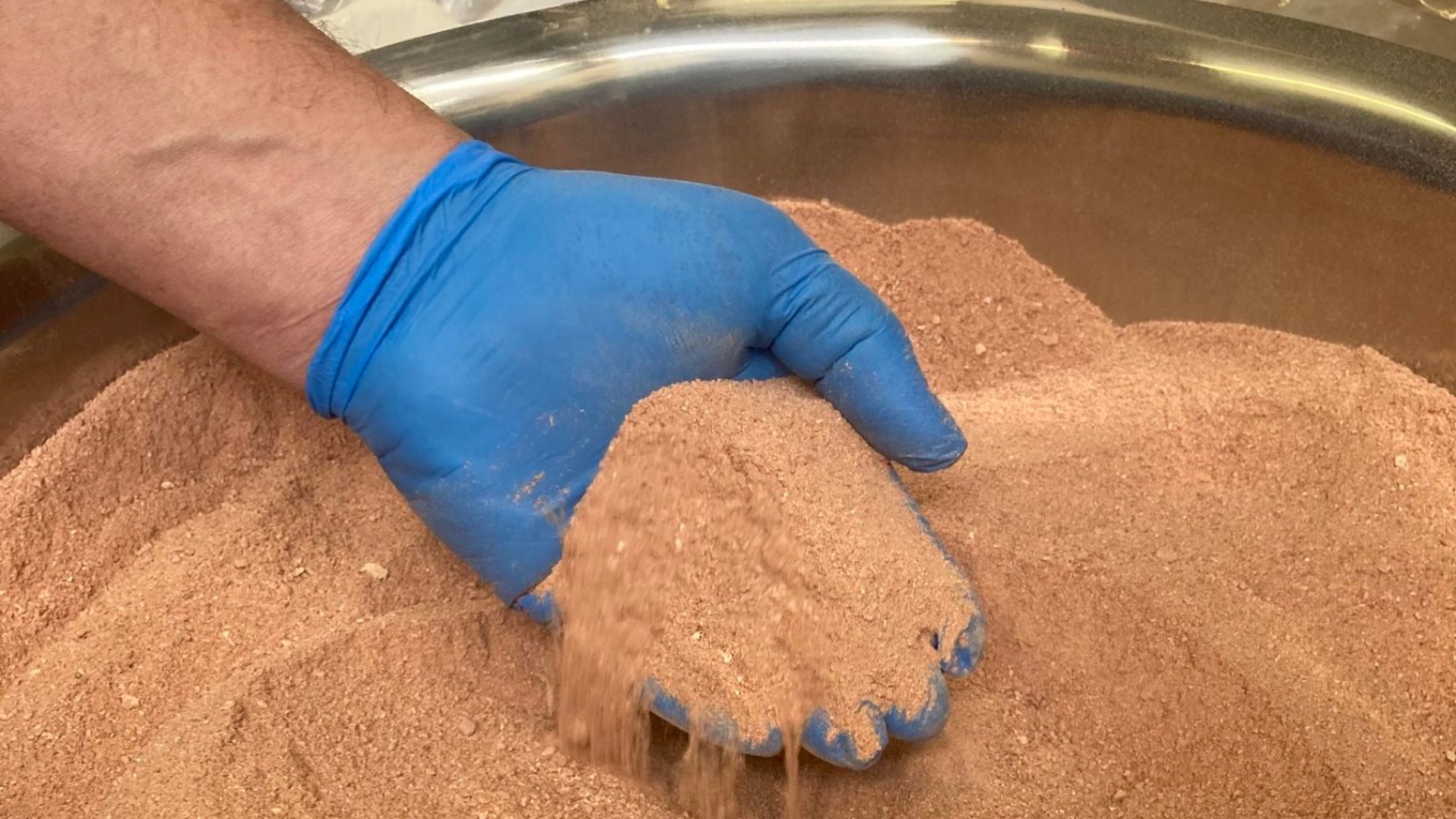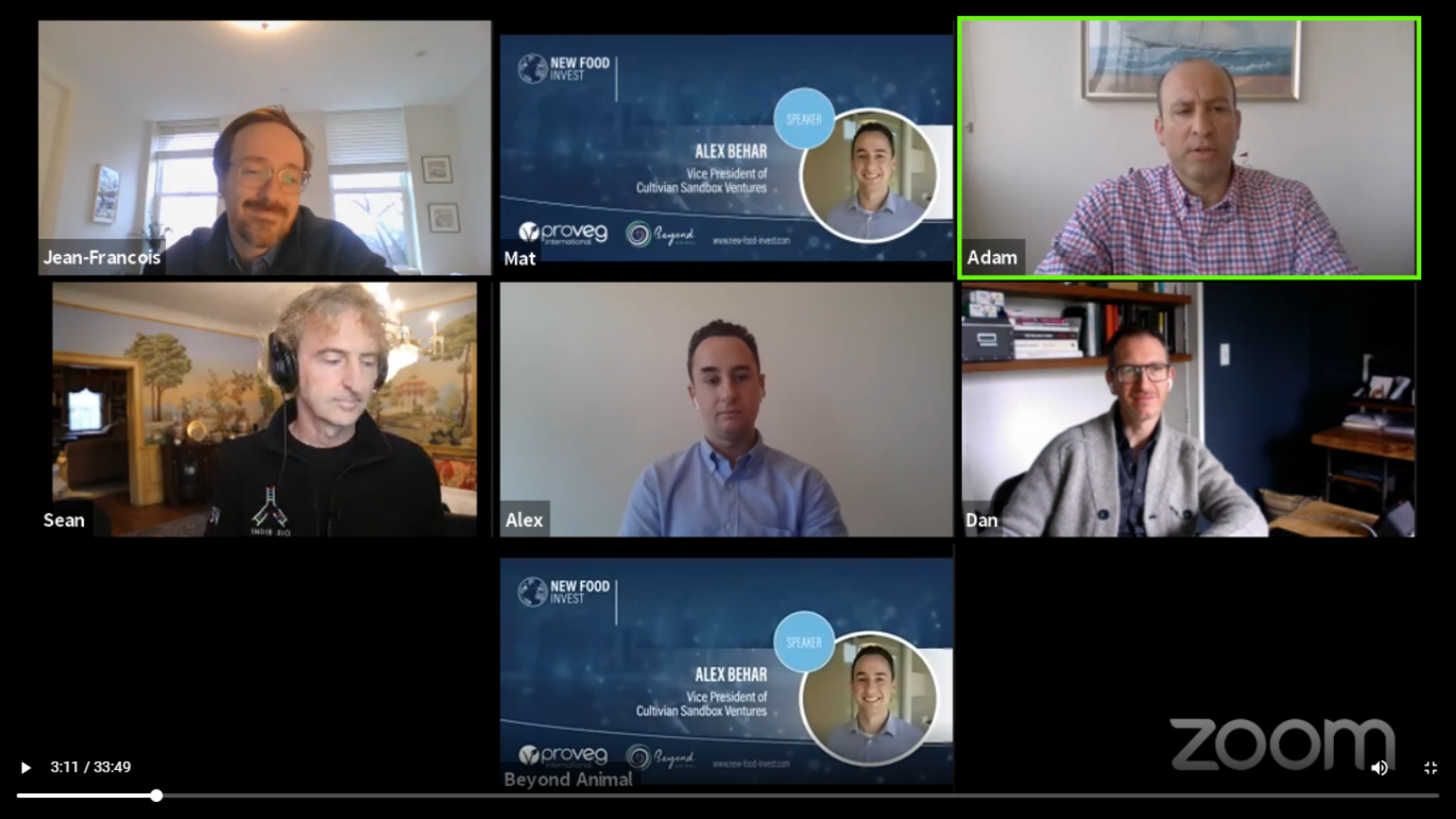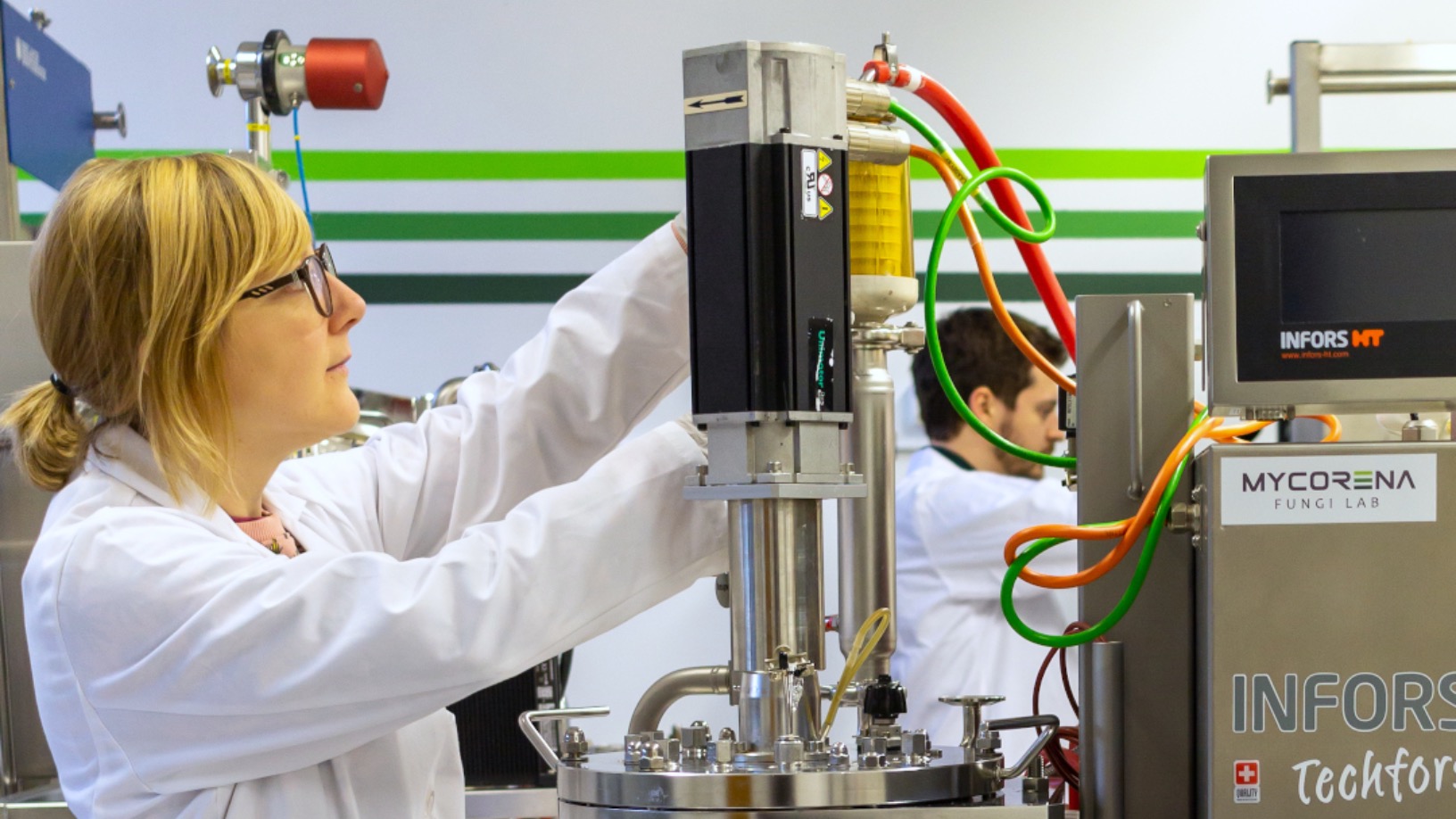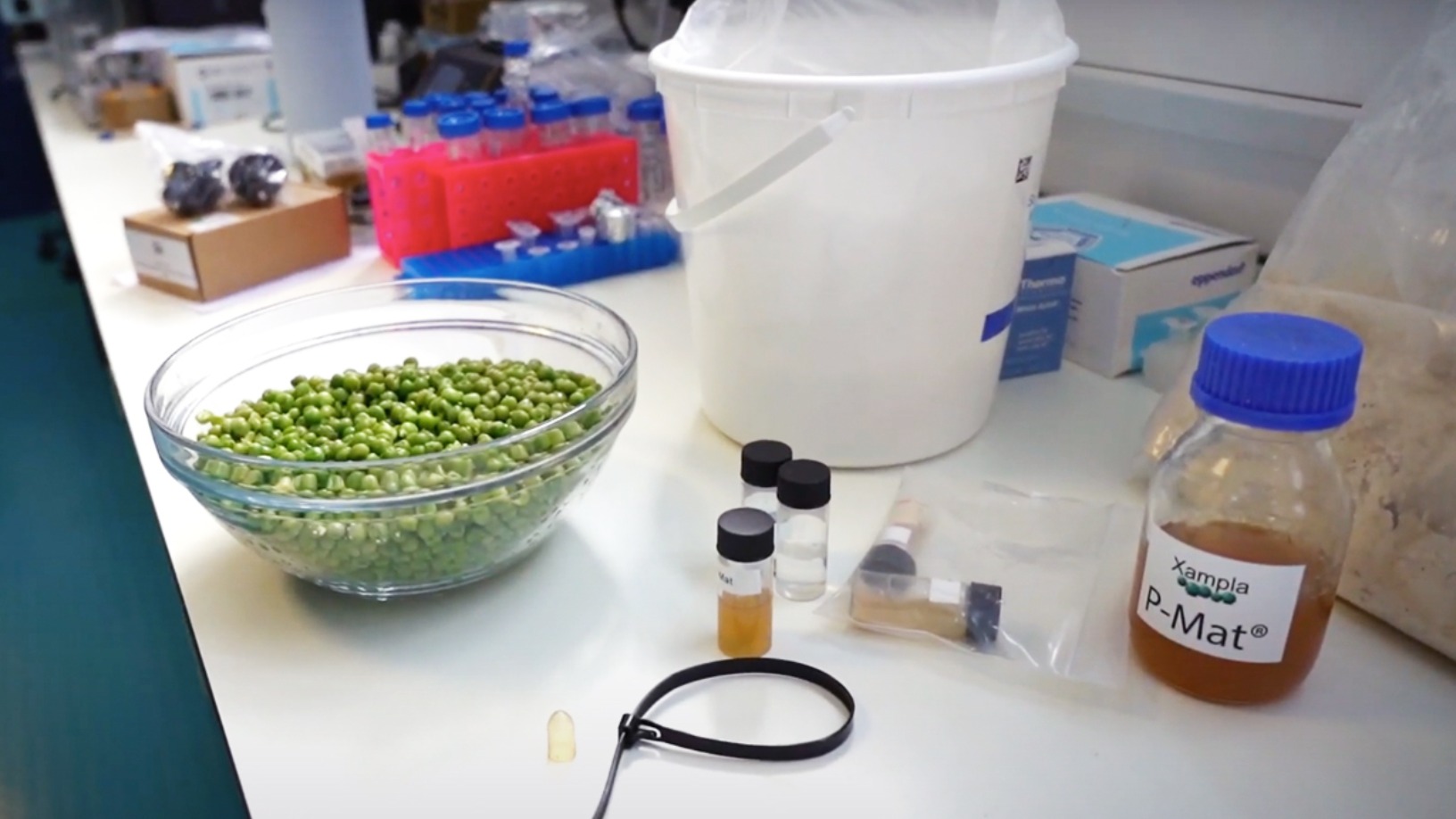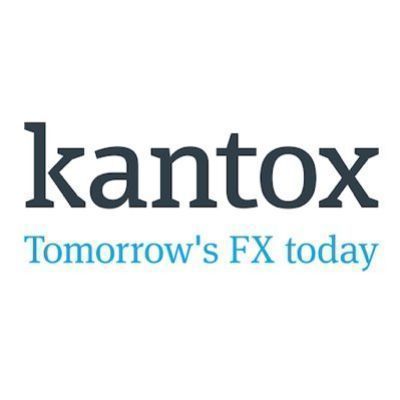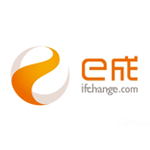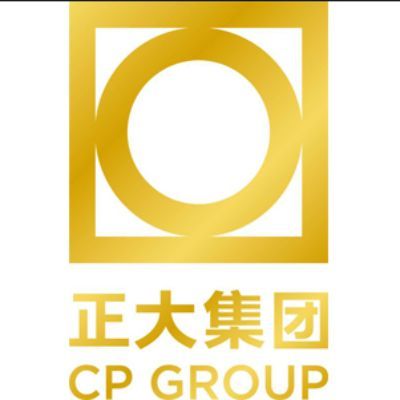New Protein Fund
-
DATABASE (727)
-
ARTICLES (735)
IGF is a crowdfunding platform for impact investing in Asia. It aims to partner with innovative, high-impact enterprises in need of capital to scale their businesses and, as a result, be of value to society and the environment. The fund seeks to mobilize its US$50m in investment capital to deliver affordable healthcare, cut CO2 emissions, help more than 2m people gain access to clean energy and empower women. IGF's investments range in size from US$250,000 to US$5m, and primarily take the form of equity or quasi-equity. All its investments include pre-agreed social or environmental impact targets.
IGF is a crowdfunding platform for impact investing in Asia. It aims to partner with innovative, high-impact enterprises in need of capital to scale their businesses and, as a result, be of value to society and the environment. The fund seeks to mobilize its US$50m in investment capital to deliver affordable healthcare, cut CO2 emissions, help more than 2m people gain access to clean energy and empower women. IGF's investments range in size from US$250,000 to US$5m, and primarily take the form of equity or quasi-equity. All its investments include pre-agreed social or environmental impact targets.
CEO and founder of ATRenew (formerly Aihuishou)
Chen graduated from Tongji University in 2002 with a bachelor’s degree in Computer Science, and from Fudan University in 2005 with a master’s degree in the same field. Upon graduation, he worked for Fortune 500 company Sykes Enterprises as a software engineer. In 2009, he received a RMB100,000 seed fund from Fudan University to start Leyi, a customer-to-customer (C2C) platform for trading second-hand goods, with Sun Wenjun, a friend he met through his master’s degree. Although the business failed after two and a half years, the two young entrepreneurs led their core team to form Aihuishou.
Chen graduated from Tongji University in 2002 with a bachelor’s degree in Computer Science, and from Fudan University in 2005 with a master’s degree in the same field. Upon graduation, he worked for Fortune 500 company Sykes Enterprises as a software engineer. In 2009, he received a RMB100,000 seed fund from Fudan University to start Leyi, a customer-to-customer (C2C) platform for trading second-hand goods, with Sun Wenjun, a friend he met through his master’s degree. Although the business failed after two and a half years, the two young entrepreneurs led their core team to form Aihuishou.
Co-founder and CTO of McFly
Liu Long graduated from Northwestern Polytechnic University based in Xi'an in 2010. The Information and Computing Science graduate went on to the Institute of Remote Sensing Applications (IRSA) at the Chinese Academy of Sciences to pursue a PhD in Microwave Remote Sensing in 2015. He stayed on at the IRSA as a research fellow with funding support from the Youth Science Fund program under the National Natural Science Foundation of China. In 2016, he co-founded agtech startup McFly with two Wuhan University alumni who are also experts in remote sensing technology.
Liu Long graduated from Northwestern Polytechnic University based in Xi'an in 2010. The Information and Computing Science graduate went on to the Institute of Remote Sensing Applications (IRSA) at the Chinese Academy of Sciences to pursue a PhD in Microwave Remote Sensing in 2015. He stayed on at the IRSA as a research fellow with funding support from the Youth Science Fund program under the National Natural Science Foundation of China. In 2016, he co-founded agtech startup McFly with two Wuhan University alumni who are also experts in remote sensing technology.
Founded in 2004, Polaris Capital Group is a Japanese private equity fund management firm. Since its inception, Polaris has invested in about 30 Japanese companies. It completed the fourth round of fundraising for its Polaris Private Equity Fund IV in April 2017, during which it raised JPY 75 billion. The new fund will invest in Japanese companies in the manufacturing sector with globally competitive technologies/patents as well as companies with strong brands or unique business models in the consumer goods, retail and logistics sectors.
Founded in 2004, Polaris Capital Group is a Japanese private equity fund management firm. Since its inception, Polaris has invested in about 30 Japanese companies. It completed the fourth round of fundraising for its Polaris Private Equity Fund IV in April 2017, during which it raised JPY 75 billion. The new fund will invest in Japanese companies in the manufacturing sector with globally competitive technologies/patents as well as companies with strong brands or unique business models in the consumer goods, retail and logistics sectors.
Pearson Affordable Learning Fund
Pearson Affordable Learning Fund (PALF) is the venture capital arm of Pearson, the world’s largest education company. With investments in 10 education startups and a total of 350,000 learners,PALF is expanding its range of affordable education solutions in Africa, Asia and Latin America. Indonesia’s online learning provider HarukaEdu is the 11th addition.It is PALF’s first foray into the online higher education market.
Pearson Affordable Learning Fund (PALF) is the venture capital arm of Pearson, the world’s largest education company. With investments in 10 education startups and a total of 350,000 learners,PALF is expanding its range of affordable education solutions in Africa, Asia and Latin America. Indonesia’s online learning provider HarukaEdu is the 11th addition.It is PALF’s first foray into the online higher education market.
Lisbon-based venture capital and private equity firm, HCapital Partners focuses on energy, mobility and smart technologies in Portugal and Spain. HCapital typically invests between €500,000 and €2.5m per funding round. Its New Ideas fund is directed toward scalable startups. The firm was founded in 2014.
Lisbon-based venture capital and private equity firm, HCapital Partners focuses on energy, mobility and smart technologies in Portugal and Spain. HCapital typically invests between €500,000 and €2.5m per funding round. Its New Ideas fund is directed toward scalable startups. The firm was founded in 2014.
KDDI Open Innovation Fund is a joint corporate VC operated by Japanese telecommunications firm KDDI and investment firm Global Brain. It forms one part of KDDI's venture programs, the other being a Japan-only accelerator program, KDDI Infinity Labo. With the support of other companies in the group, such as au Financial Holdings and Soracom, KDDI is able to provide extensive and relevant support to its portfolio companies.
KDDI Open Innovation Fund is a joint corporate VC operated by Japanese telecommunications firm KDDI and investment firm Global Brain. It forms one part of KDDI's venture programs, the other being a Japan-only accelerator program, KDDI Infinity Labo. With the support of other companies in the group, such as au Financial Holdings and Soracom, KDDI is able to provide extensive and relevant support to its portfolio companies.
Coatue is a tech sector hedge fund that invests in public and private equity markets. It is run by Philippe Laffont, who founded the hedge fund after leaving Tiger Management in 1999. Coatue is based in New York City and has several other offices around the globe. Its Beijing office was set up in 2014 and has since invested in several notable Chinese startups, including Didi Chuxing, Mafengwo and Kuaikan Comic.
Coatue is a tech sector hedge fund that invests in public and private equity markets. It is run by Philippe Laffont, who founded the hedge fund after leaving Tiger Management in 1999. Coatue is based in New York City and has several other offices around the globe. Its Beijing office was set up in 2014 and has since invested in several notable Chinese startups, including Didi Chuxing, Mafengwo and Kuaikan Comic.
H&S Investment is a German investment company and accredited member of the Business Angels Network Germany (BAND). Founded by Martin Heubeck and Ulrich Stommel, the fund focuses on new technologies and innovations counting on over 25 years of experience in technology companies in Germany and overseas.
H&S Investment is a German investment company and accredited member of the Business Angels Network Germany (BAND). Founded by Martin Heubeck and Ulrich Stommel, the fund focuses on new technologies and innovations counting on over 25 years of experience in technology companies in Germany and overseas.
Light-Up Capital (Dianliang Fund)
Founded in 2013 by Long Wei, a co-founder of Dianping, Light-Up Capital (also known as Dianliang Fund) focuses on companies in early through growth stage with specialization in robotics, artificial intelligence, mobile internet and mobile healthcare.
Founded in 2013 by Long Wei, a co-founder of Dianping, Light-Up Capital (also known as Dianliang Fund) focuses on companies in early through growth stage with specialization in robotics, artificial intelligence, mobile internet and mobile healthcare.
Co-founder and CEO of Jurnal
A CEO with a technical background, Daniel Witono is an ex-Microsoft software engineer with more than five years of experience in the development field.A computer engineering graduate from the University of New South Wales in Australia, Daniel founded the Jurnal startup with Anthony Kosasih, a friend also from the University of New South Wales.
A CEO with a technical background, Daniel Witono is an ex-Microsoft software engineer with more than five years of experience in the development field.A computer engineering graduate from the University of New South Wales in Australia, Daniel founded the Jurnal startup with Anthony Kosasih, a friend also from the University of New South Wales.
Co-founder, CEO of Heptasense
In 2017, Ricardo Santos became the CEO and co-founder of Heptasense. In November 2018, the Portuguese national has also founded Rocha Capital, a private fund to invest in other startups. Santos obtained a master's in Electrical and Computer Engineering from the Higher Technical Institute in Lisbon in 2015. He also has a degree in Biomedical Engineering and Biophysics from the University of Lisbon. Prior to co-founding Heptasense, he was a research fellow at the Portuguese Institute of Biophysics and Biomedical Engineering. He was also a Biomedical Engineering summer intern at the University of Nottingham in the UK in 2013.
In 2017, Ricardo Santos became the CEO and co-founder of Heptasense. In November 2018, the Portuguese national has also founded Rocha Capital, a private fund to invest in other startups. Santos obtained a master's in Electrical and Computer Engineering from the Higher Technical Institute in Lisbon in 2015. He also has a degree in Biomedical Engineering and Biophysics from the University of Lisbon. Prior to co-founding Heptasense, he was a research fellow at the Portuguese Institute of Biophysics and Biomedical Engineering. He was also a Biomedical Engineering summer intern at the University of Nottingham in the UK in 2013.
Genesia Ventures is a Japanese VC firm founded and led by former CyberAgent Ventures executive Soichi Tajima. The company's name is a portmanteau word combining "genesis" and "Asia" and the fund focuses on seed and pre-Series A rounds. It has backed startups in new media and those implementing new technology to traditional sectors. Its portfolio includes Japanese companies Sukedachi and Linc Corporation as well as Southeast Asian startups Homedy and Bobobox.
Genesia Ventures is a Japanese VC firm founded and led by former CyberAgent Ventures executive Soichi Tajima. The company's name is a portmanteau word combining "genesis" and "Asia" and the fund focuses on seed and pre-Series A rounds. It has backed startups in new media and those implementing new technology to traditional sectors. Its portfolio includes Japanese companies Sukedachi and Linc Corporation as well as Southeast Asian startups Homedy and Bobobox.
CEO, co-founder of Xampla
Simon Hombersley is the CEO and co-founder of Britain’s Xampla, producer of plant-based biodegradable plastics made from protein, where he has worked full-time since 2018. Prior to Xampla, Hombersley worked in various UK-based engineering roles that included almost three years at Oxford Flow, an Oxford University spin-off, reducing water leakage and improving industrial efficiency.Earlier, between 2012 and 2015, he worked in the industrial entrepreneurial agency Puntios, which he founded. From 2004–2012 he was Chairman and founder at TwentyNinety, developers of a wireless monitoring system for photovoltaics. From 2004 to March 2021, he was the founder and non-executive director at Lontra, an engineering firm developing and commercializing energy-saving industrial compressors. Hombersley began his professional life as a public affairs consultant providing advice on regulatory and political affairs mainly to water companies.
Simon Hombersley is the CEO and co-founder of Britain’s Xampla, producer of plant-based biodegradable plastics made from protein, where he has worked full-time since 2018. Prior to Xampla, Hombersley worked in various UK-based engineering roles that included almost three years at Oxford Flow, an Oxford University spin-off, reducing water leakage and improving industrial efficiency.Earlier, between 2012 and 2015, he worked in the industrial entrepreneurial agency Puntios, which he founded. From 2004–2012 he was Chairman and founder at TwentyNinety, developers of a wireless monitoring system for photovoltaics. From 2004 to March 2021, he was the founder and non-executive director at Lontra, an engineering firm developing and commercializing energy-saving industrial compressors. Hombersley began his professional life as a public affairs consultant providing advice on regulatory and political affairs mainly to water companies.
GenBridge Capital is a private equity fund started by former executives from e-retailer JD.com and TPG Capital in 2016. It raised $500m from JD.com, international corporations, sovereign wealth funds and family funds. GenBridge Capital mainly invests in the consumer goods sector, including new-generation brands and offline stores.
GenBridge Capital is a private equity fund started by former executives from e-retailer JD.com and TPG Capital in 2016. It raised $500m from JD.com, international corporations, sovereign wealth funds and family funds. GenBridge Capital mainly invests in the consumer goods sector, including new-generation brands and offline stores.
Big Idea Ventures Founder Andrew D Ive: Asia will lead cell-based meat innovation
In a wide-ranging interview, the managing general partner of the US- and Singapore-based foodtech investor also expounds on his goal to extend sustainability to the rest of the food sector, combining good returns with doing good
New Food Invest: Growing an alternative protein business in Asia
With more than 4bn people, Asia presents unique opportunities and challenges to alternative protein startups. Four leading entrepreneurs shared their experiences at the recent New Food Invest conference
New Food Invest: Challenges of growing an alt-protein startup
Founders of three alt-protein startups in the US share what motivated them to start, their personal experiences growing the businesses, getting funding and finding strategic partners
New Food Invest: Opportunities in the European alt-protein space
With a record €2.4bn investment in 2019, Europe’s foodtech sector appears poised for continued growth, but startups, corporations, governments and even universities can do more, experts say
Dao Foods: Grooming and betting on China's rising alternative protein startups
How can businesses involve Chinese consumers in the environmental cause, even if it isn’t a priority for them? For that, the impact investor-incubator Dao Foods has got its philosophy-led strategy figured out
Indogen Capital eyes new growth fund of $100m as foreign tech investors stay keen on Indonesia
With its Japanese investment partner Striders, Indogen plans to boost growth-stage funding in Indonesia and open doors for portfolio companies to new markets in East Asia
Good Startup: Alt-protein products can be better than real meat
The investor of Eat Just, Ripple Foods and more expects its portfolio companies will exit in the next four to six years, mostly through acquisition
NovoNutrients: Tackling the dual problems of CO2 emissions and over-fishing
The first to transform CO2 to fish food, NovoNutrients is trialing with industry giants Skretting and Chevron, and will soon raise Series A funding
New Food Invest: Plant-based cheese, the next investment boom?
With alt-protein startups experiencing a global funding boom, industry experts and investors share their views about emerging trends in diverse food sectors
Plant-based meat faces backlash in China despite gaining traction
An innocuous video clip sparked debate on social media over plant-based meat, with suspicion about its nutritional value, cost-effectiveness and even the motives of foreign companies
String Bio: Asia's first startup to harness methane gas for protein production
Using bacteria to turn the harmful greenhouse gas into a purer form of protein, String Bio is raising Series B funding to scale production
Mycorena: Fungi-based vegan protein challenging traditional plant-based ingredients
Award-winning Swedish biotech startup is scaling production of mycoprotein to become a key player in the emerging market for functional proteins
Oceanium: Supporting sustainable seaweed farming
Scottish startup Oceanium has developed a proprietary biorefinery and processing model to create seaweed-based compostable materials, alt-protein ingredients and nutraceuticals for use across industry verticals
Heura by Foods for Tomorrow: Another new kid on the multibillion-dollar alternative protein market
Already selling in nine countries, Heura’s recent entry into the UK, Europe's largest market for meat substitutes, could prove its biggest test to date
Xampla: Making strong, low-cost biodegradable plastic from peas
Inspired by the strength of spider silk, the Cambridge University spinoff has produced a plant-based, completely compostable alternative to microplastics
Sorry, we couldn’t find any matches for“New Protein Fund”.


